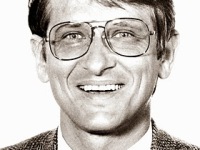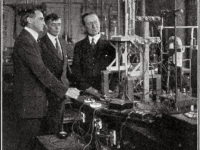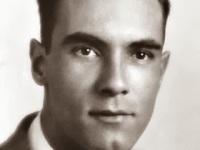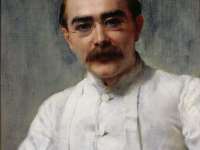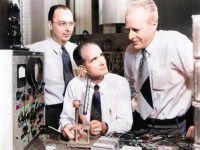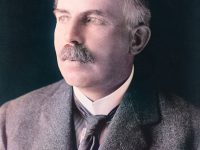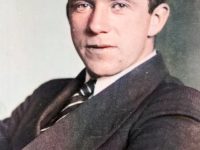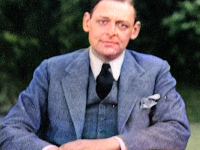Klaus von Klitzing and the Quantum Hall Effect
On February 5, 1980, German physicist Klaus von Klitzing discovered the Quantum Hall Effect in the high field magnet laboratory of Grenoble, France, for which he was granted the 1985 Nobel Prize in Physics. Hall Effect OK, today we have a topic that is a little bit complicated to explain, at least to us being non-physicists. Let’s start with the ‘traditional’ Hall effect. The Hall effect is the production of a voltage difference (the…
Read more

